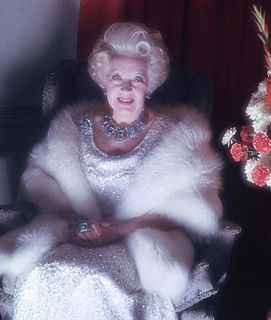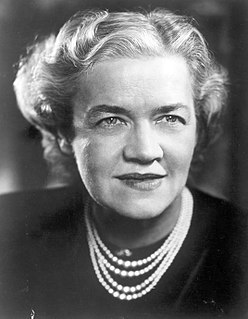A Quote by Barbara Cartland
Good must triumph over evil. It usually does in life and in any case it's bad for young people to believe it doesn't.
Related Quotes
We like to think there is this core of human nature – that good people can't do bad things, and that good people will dominate over bad situations. Infact, when we look at the Stanford prison studies, that we put good people in an evil place, and we saw who won. Well, the sad message in this, is in this case is the evil place won over the good people.
What intrigues me is that people kind of naturally want to label or pigeonhole the characters. They want to make it easy for themselves to go, "All right. There's the good guy, there's the bad guy, there's the girl. Okay, I get it now." But life isn't one-dimensional. The world isn't simply divided into good versus evil. I think we're all capable of both. So any time the hero does something I'm not crazy about, or the bad guy does something I can relate to, I'll find it more interesting.
If someone does something we disapprove of, we regard him as bad if we believe we can deter him from persisting in his conduct, but we regard him as mad if we believe we cannot. In either case, the crucial issue is our control of the other: the more we lose control over him, and the more he assumes control over himself, the more, in case of conflict, we are likely to consider him mad rather than just bad.
Thus, then, stands the case. It is good, that authors should be remunerated; and the least exceptionable way of remunerating them is by a monopoly. Yet monopoly is an evil. For the sake of the good we must submit to the evil; but the evil ought not to last a day longer than is necessary for the purpose of securing the good.
Whether you believe in God or not does not matter so much, whether you believe in Buddha or not does not matter so much; as a Buddhist, whether you believe in reincarnation or not does not matter so much. You must lead a good life. And a good life does not mean just good food, good clothes, good shelter. These are not sufficient. A good motivation is what is needed: compassion, without dogmatism, without complicated philosophy; just understanding that others are human brothers and sisters and respecting their rights and human dignity.
In one sense, the Stanford prison study is more like a Greek drama than a traditional experiment, in that we have humanity, represented by a bunch of good people, pitted against an evil-producing situation. The question is, does the goodness of the people overwhelm the bad situation, or does the bad situation overwhelm the good people?
I've had lots of good career advice over the years. I've learned that you must always arrive knowing your lines, you must hit your marks, you must be punctual and cheerful and kind. I'm always irritated with young people who misbehave and young actors who are temperamental. I don't think there's any need for it.




































